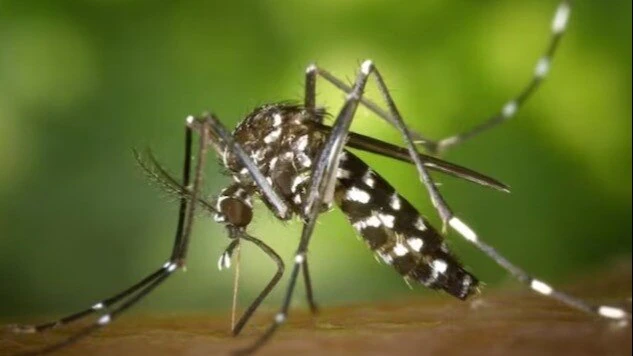The Role of Technology in Combating Dengue
In the face of Karnataka’s escalating dengue outbreak, technology emerges as a pivotal tool in the fight against this mosquito-borne disease. This blog will explore the innovative ways technology is being leveraged to enhance dengue prevention, diagnosis, and control efforts in the state.
Leveraging Data for Early Detection and Monitoring
Advanced data analytics and surveillance systems play a crucial role in early detection of dengue outbreaks. Health authorities in Karnataka are increasingly using Geographic Information System (GIS) mapping to pinpoint high-risk areas based on mosquito breeding patterns, previous outbreak data, and environmental factors. By analyzing these data points, authorities can deploy targeted interventions such as fogging, larviciding, and public health awareness campaigns in areas most susceptible to dengue transmission.
Mobile Apps for Community Engagement and Reporting
Mobile technology has revolutionized community engagement in dengue prevention. Apps like “Fight Dengue Karnataka” empower citizens to report stagnant water sources, mosquito breeding sites, and suspected dengue cases directly to health authorities. These apps also provide real-time updates on outbreak status, preventive measures, and healthcare resources, fostering a collaborative approach between government agencies, healthcare providers, and the public.
AI and Machine Learning in Diagnostics and Treatment
Artificial Intelligence (AI) and Machine Learning (ML) algorithms are transforming dengue diagnostics and treatment protocols in Karnataka. AI-powered diagnostic tools analyze patient symptoms and laboratory results to expedite dengue diagnosis with high accuracy, enabling healthcare providers to initiate timely treatment and monitoring. ML algorithms are also used to predict disease trends, anticipate outbreak hotspots, and optimize resource allocation for effective disease management.
Drone Technology for Vector Control
Innovative applications of drone technology are enhancing vector control efforts against Aedes mosquitoes in Karnataka. Drones equipped with thermal imaging cameras and GPS navigation systems enable rapid identification and mapping of mosquito breeding sites in inaccessible or densely populated areas. By spraying larvicides and insecticides precisely, drones minimize environmental impact while maximizing effectiveness in reducing mosquito populations and curbing dengue transmission.
Public Awareness through Digital Campaigns
Digital platforms and social media campaigns play a pivotal role in raising awareness about dengue prevention strategies among Karnataka’s population. Engaging content, infographics, and videos disseminated through official health department websites and social media channels educate citizens about recognizing dengue symptoms, eliminating mosquito breeding grounds, and seeking timely medical care. By leveraging digital communication channels, health authorities amplify their reach and influence, empowering individuals to take proactive measures in safeguarding their communities against dengue.
Harnessing Technology for a Dengue-Free Karnataka
As Karnataka continues to combat the dengue outbreak, technological advancements offer promising solutions to mitigate the disease’s impact on public health and well-being. By integrating data-driven insights, mobile applications, AI-driven diagnostics, drone technology, and digital awareness campaigns, the state is at the forefront of proactive disease management strategies. Moving forward, sustained investment in technological innovation, collaborative partnerships, and community engagement will be essential in achieving a dengue-free Karnataka and ensuring the health and resilience of its residents.

